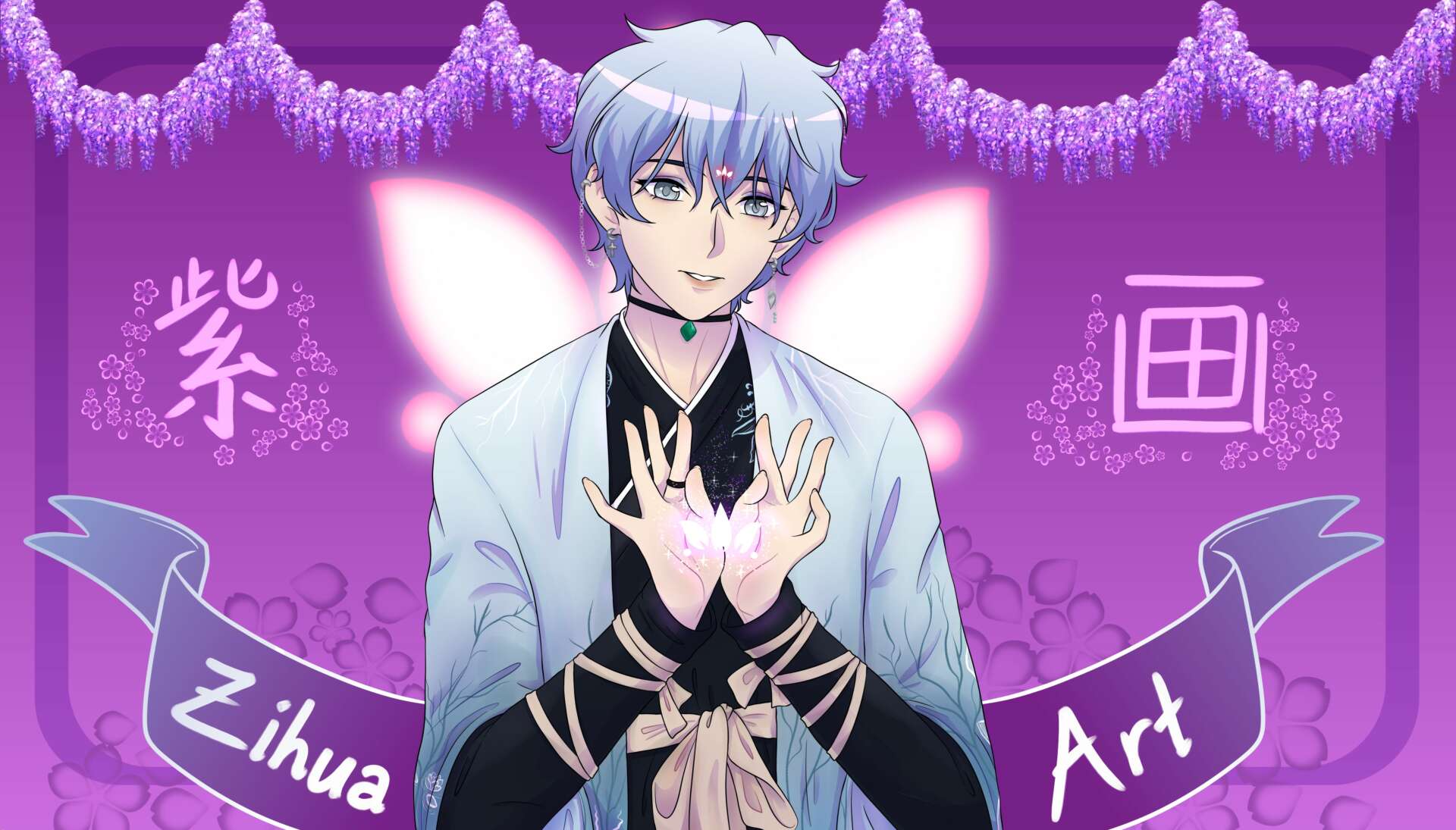We recently connected with Scout (Zihua Art) and have shared our conversation below.
Scout, appreciate you joining us today. We’d love to hear about when you first realized that you wanted to pursue a creative path professionally.
I had been told by friends over and over since high school I should do art for a living. While I loved drawing as a hobby, the most I thought I’d do with an art job was as a side hustle since I was concerned about the financial struggle of a freelance artist. Science is another one of my passions, and my interest in chemistry led my parents to suggest I do pharmacy for my career – with “it’s a well-respected and financially stable field” as their reason.
That’s fair, I thought, I could separate my passion and work.
So I did a pre-pharm (or BSPS) degree for my undergrad and after a gap year break tried to continue with pharmacy school. During my gap year, I got an iPad (out of boredom) and in addition to using it for school, I started drawing more. I enjoy the feel of drawing traditionally but didn’t like needing physical supplies and space, so the iPad was a huge upgrade to my techniques. Because of that, I started putting more effort into my original art, characters, and stories. Once school started, however, I had less and less time to draw even as my ideas built up and my desire to improve increased. My stress level and exhaustion were so high during school and part-time work that I was too drained to draw when I had free time. One of my friends who had done pre-nursing in undergrad shared a post within the first few weeks of classes that she was changing her career to pursue art, and reading that made me feel a bit envious of her but I quickly told myself I was on a good path anyways. By the end of my P2 year, I finally lost all my motivation to study pharmacy. I realized I had no desire to grow in the field so I would be stagnant after I graduated. In contrast, I was growing more competitive with my art and wanted to be known as an artist rather than a pharmacist professionally. I have so many projects I want to make, ideas I want to share, and my dream to go from being a fan to a creator with a fandom of my own series. By the end of P2, I had to pick only one: continue pharmacy and struggle with loss of motivation or risk it all with an indie art business that I was more passionate about. My deciding reason was that I can always return to school if I couldn’t support myself on art alone, but my inspiration for my art wasn’t guaranteed to last. I had to chase it then or else I may lose it forever.
As of this interview, I am still kind of nervous since I have yet to make a living off art full time so I’m still working at my current community pharmacy job. However, I do feel confident I made the right decision, and at least I gave the non-creative path a try, it just wasn’t for me. I’d rather enjoy doing my job than not simply for monetary stability.
It may get a bit rough at times, but as one of my favorite high school teachers always said, “If it was easy, anybody could do it.”
(Even though I’ve left the field, I do still cherish what I learned from pharmacy school because it was interesting and useful. But rather than dealing with the non-fun parts of it myself, I’ve left that small part of my life to one of my comic’s main characters. That way, my genuine interest in pharmacy and science can live on in my stories!)
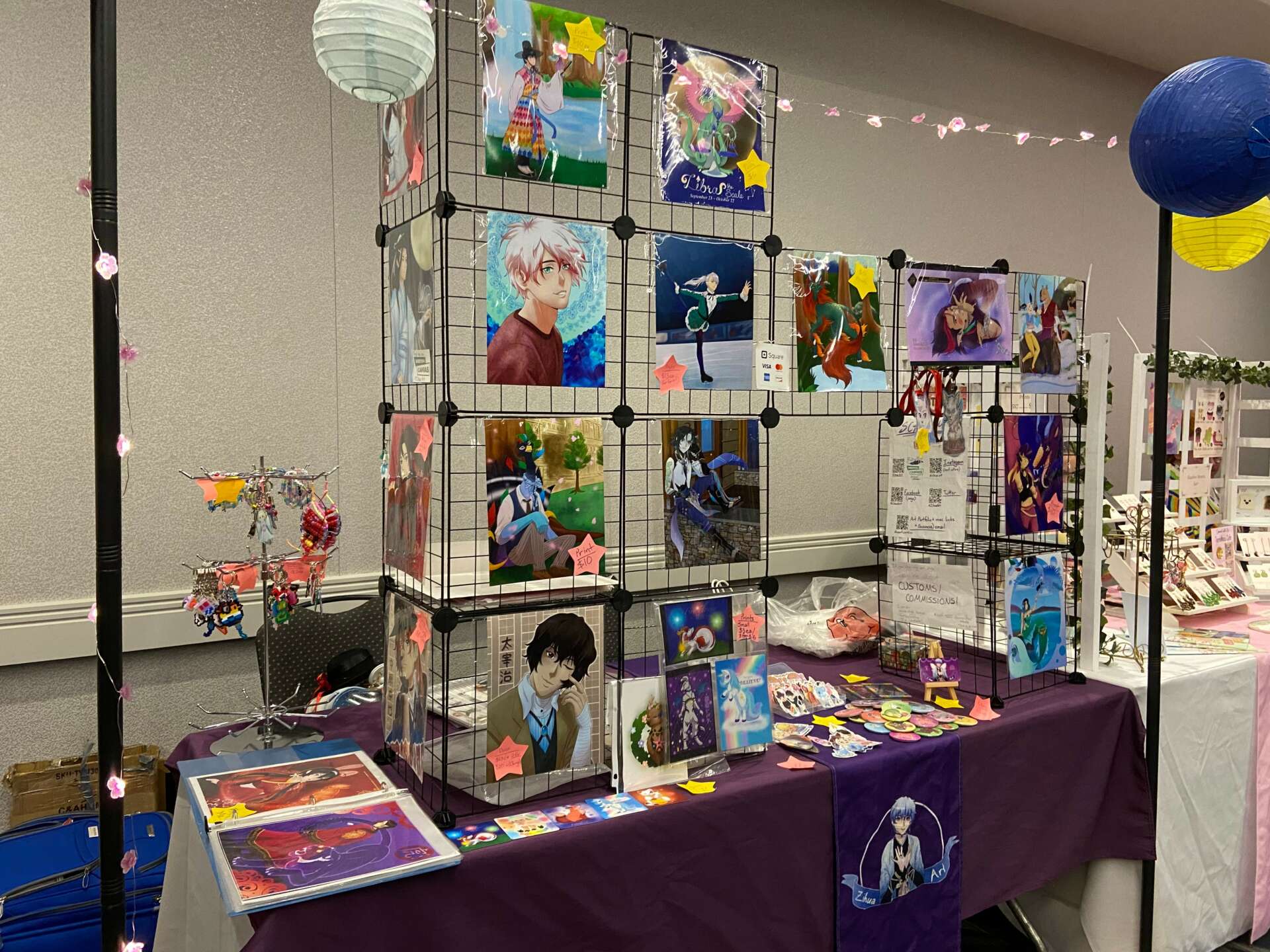
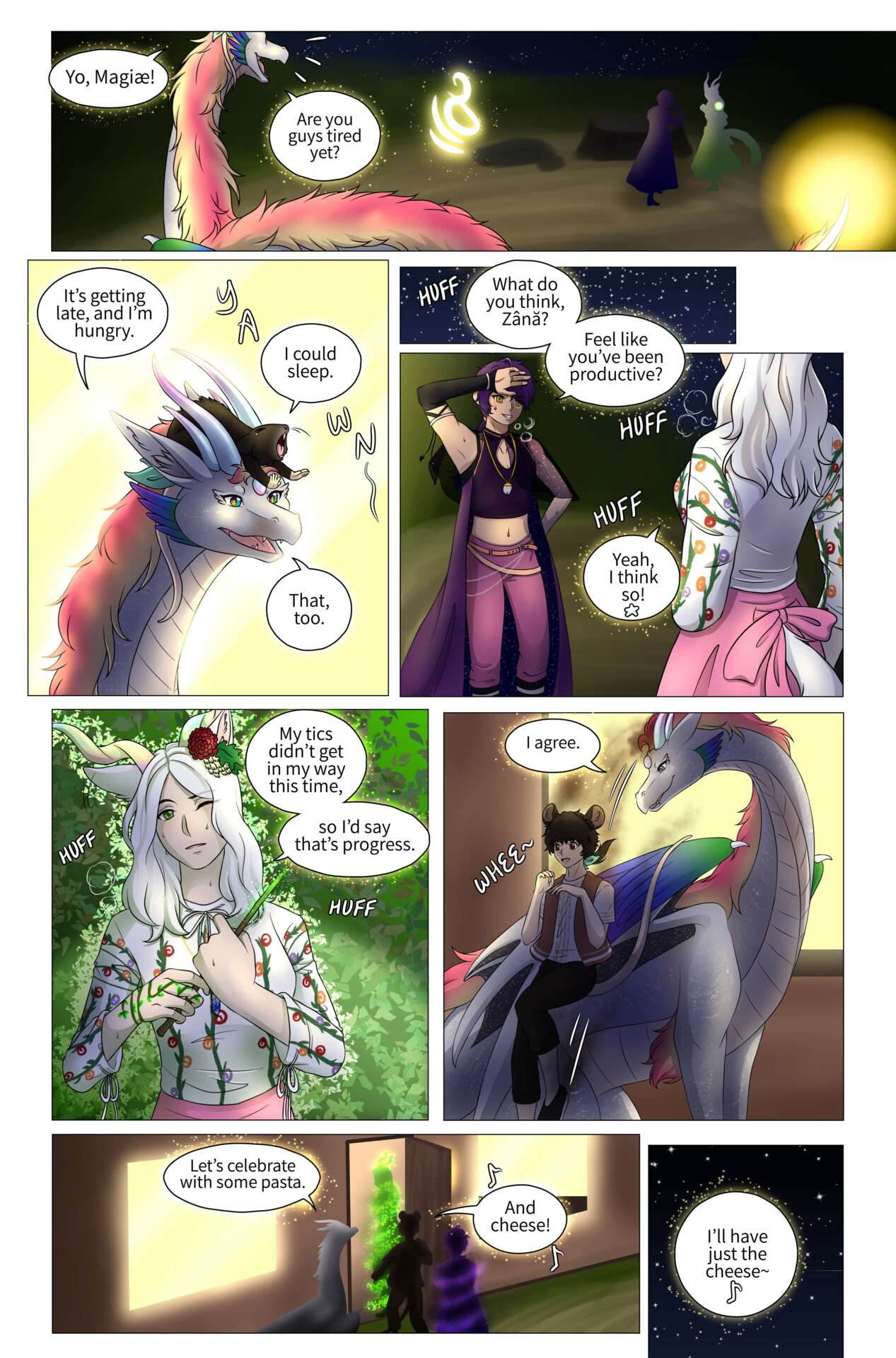
Awesome – so before we get into the rest of our questions, can you briefly introduce yourself to our readers.
I describe myself as a (self-taught) digital illustrator and comic creator. My main subject matter is character designs (animals, humans, and others alike) and story-telling of the vivid worlds I have in my imagination. I have consumed (and continue to consume) many stories from various media and other indie creators about magical, fictional, fantasy worlds and the fun the characters living in them have. If I was inspired by any particular story or character, I would do fanart, and sharing that online led me to make artist friends and join supportive, inspiring communities of fellow creators. I started out making “fan characters” or original characters that lived and fit into the stories I was inspired by, then gradually developed my own concepts of ideas I wanted to see that I hadn’t before. Of course, the only way to see those ideas was to make them come true myself.
My original stories can be basically described as a conglomeration of all of my interests – in a way. Concepts, character designs, world-building, tropes, and everything else are made by taking the parts that I enjoy from consuming media and even my personal experiences, putting a spin on them, and making them fit into my own stories. Having a wide variety of interests also gives me interesting combinations of concepts to pull from. For instance, hospital dramas are popular and doctor-type characters are wide-spread, but having studied pharmacy, I want to see more pharmacist-type characters in fiction displaying their expertise to help someone heal. My lead in my ongoing main comic series “inSOMNIUM” is a student in pharmacy who, while studying in university on Earth and lives a life otherwise similar to ours, also received magical powers to travel to different worlds, fight villains, and have a dragon best friend. Later on in the story, they’ll have chances to show off what they learned in school to provide life-saving medical knowledge. Another character in a related series has elemental fire powers for fighting, but his dark elf friend teaches him how to convert his dance skills from busking to pop music and taekwondo to useful moves for defeating bad guys. Yet another character who has Tourette’s and also nature magic has the conflict of learning how to manage her tics so they don’t mess up her control of magic. More character concepts are yet to be shown – transgender people who can use magic to look like what they want, people with handicaps being assisted by their magical friends in daily life, characters of all backgrounds and lifestyles interacting with each other to learn about diversity and acceptance. As varied as my interests get, if I find it appealing, I can find a way to involve it in my stories.
I also like to think of myself as a manager for my characters – much of my creative works revolve around spotlighting them and focusing on their stories more than anything else. I’ve had plenty of comments on how making a comic is hard and that it’s impressive I’m managing to do it, and my response has always been it’s thanks to my love for my characters. They are my driving motivation to produce better quality works and fend off art blocks. They’re also my vessels to share what I enjoy personally in an interesting way through storytelling. I wouldn’t have even pursued an art career if I didn’t develop such a strong ambition to share all the ideas I have for them and see them come alive through my art. Because I’m the only one who can tell their stories, I want to do my best at it. I may be happy with how newer pieces look, but I will never be satisfied with my art. And that’s a good thing – it means I’ll continuously strive for better and want to grow myself. I believe that the purpose of life is simply to live it to its fullest – not have wealth, fame, or anything necessarily grand, just find a stable balance where needs are met and you don’t have to wait until retirement to start enjoying it. I think what I’m doing is fulfilling and that’s really all I want from life.
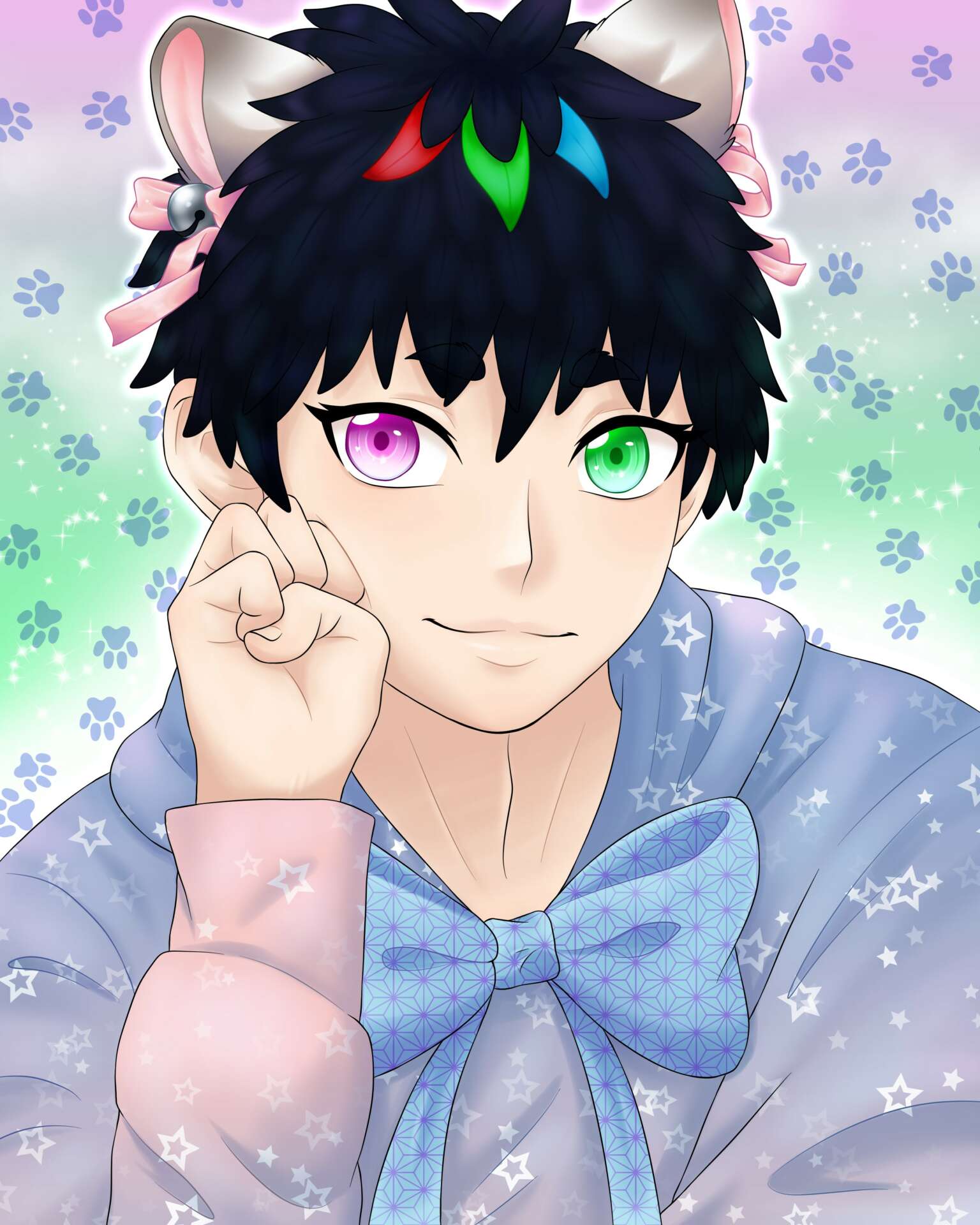
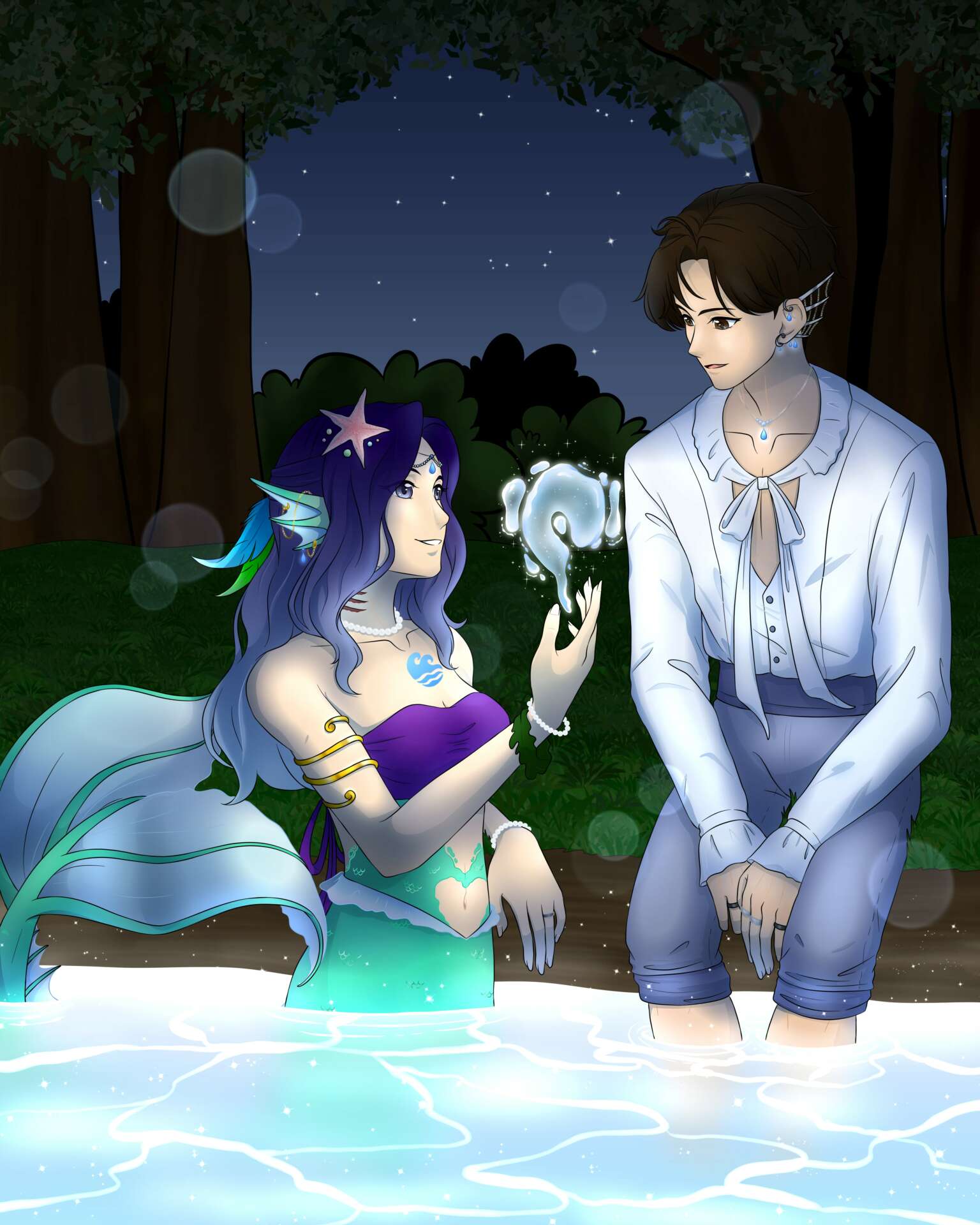
Is there something you think non-creatives will struggle to understand about your journey as a creative? Maybe you can provide some insight – you never know who might benefit from the enlightenment.
Since I started my higher education in pharmacy, I have many peers and connections in the scientific/medical field, and while they’re generally supportive of my endeavor, not all can grasp the logic behind my career choice. One person made the off comment that my art career was going to be significantly easier than pharmacy, which they seemed to consider harder to achieve and thus more prestigious. I disagree, actually to the contrary art is harder if anything, and though not necessary to live, it can be very prestigious (think of art museums). It’s stressful to manage a small business, learn to do taxes alone, having to rely on oneself to decide if something succeeds or fails, in addition to improving the skill itself. It’s as much work as going through professional school to achieve – it’s just a different type of work but one that I prefer to deal with.
One particular problem I’ve run into in this field: I’ve had several people (likely non-artists themselves) ask me to draw something for them, and when I half jokingly asked if they pay me for it, their expressions grew sour and they turned away. They didn’t think to even ask how much I would go for. They didn’t consider it a skill worth paying a cent for. Creative field aside, I think anyone who asks someone for something larger than a simple favor should expect to pay for it in some way. The only times it’s not expected is if the person gifts it or it’s in return for something earlier. Even friends and family aren’t entitled to someone’s art for free. It’s a long-term skill and one that not everyone can develop in depth. There are artists who offer free art at any time, but the thing is, usually the people aren’t asking me for my style, they just want a give out. If an artist’s work was so desired, the person asking would be willing to pay the usually fair and often underpriced amount to receive the product. But people too often think of art as lowly and easy to make unless the artist is a big name – to that I say: if it really is what you think, then go make it yourself and don’t waste the artist’s time.
In short, creative careers are underrated and under-appreciated despite some of the biggest aspects of life are thanks to creatives. Without them, there would be no culture and life would be a bore.
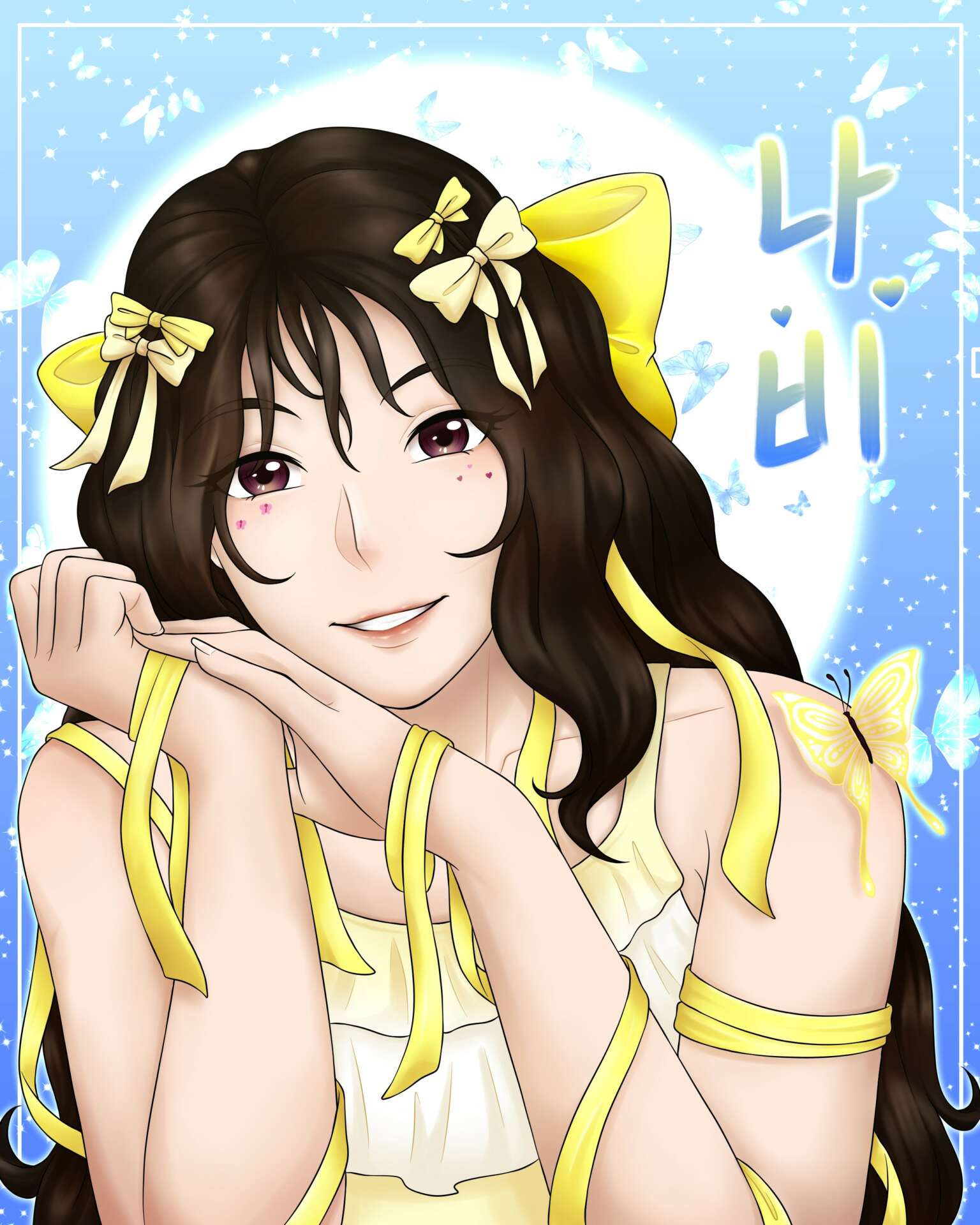
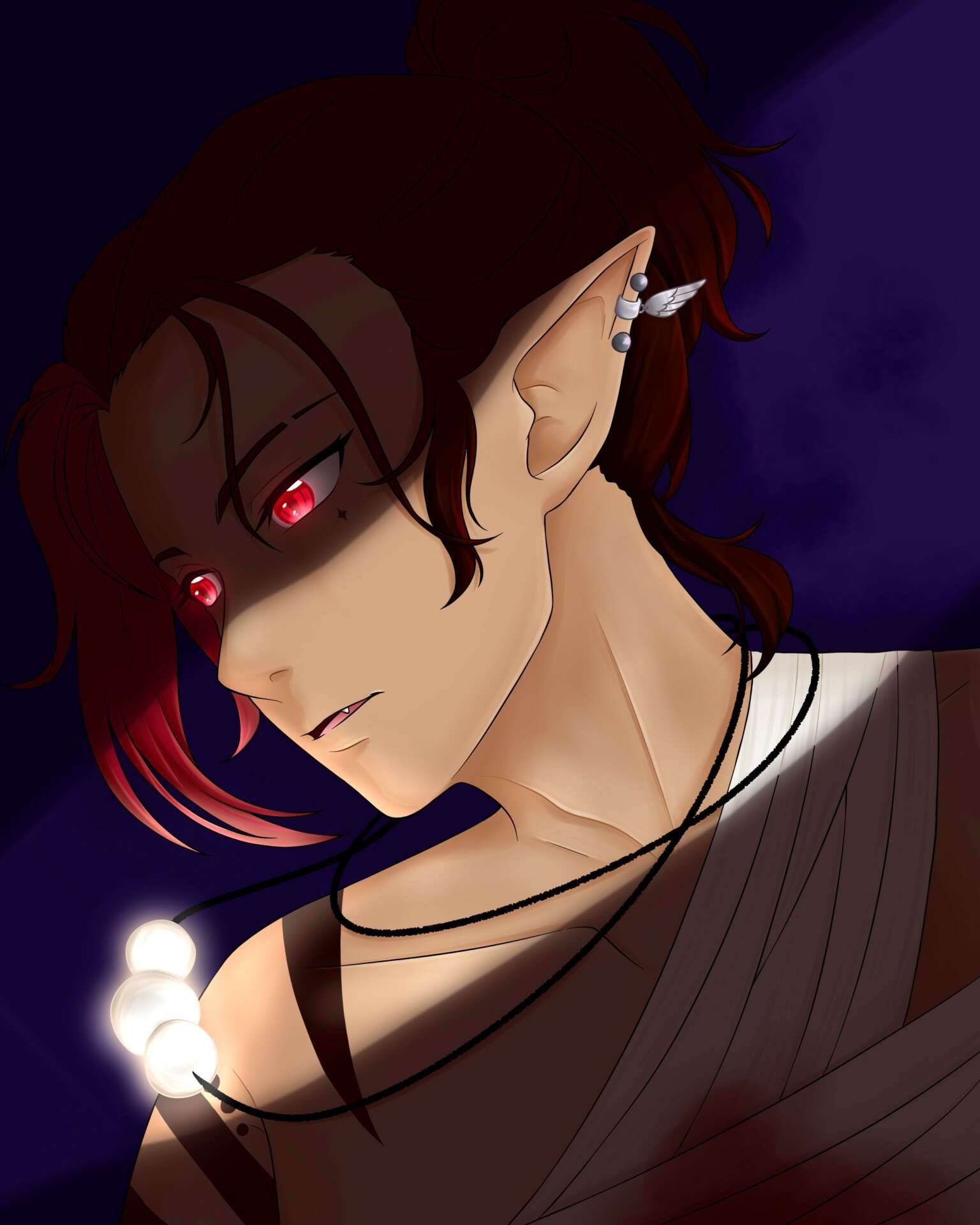
In your view, what can society to do to best support artists, creatives and a thriving creative ecosystem?
Art is a luxury. It is not something people need to survive, but it makes life a lot more worthwhile. It’s very simple to support artists of all kinds and it doesn’t require spending a penny – simply sharing works you like or talking about an artist is supporting them. People tend to listen to recommendations from their peers or others they look up to, so it’s a great way to spread an artist’s work and help them grow their audience. In addition, if you particularly enjoy a creator’s works, it’s helpful to leave feedback, either positive or a respectful critique, that highlights the unique aspects of their style.
Another important thing: to best encourage creativity, society needs to be wary of NFTs and AI “art” as those things often harm real artists. Professional creatives rely on sales of their works to live, and theft of their works to be made into mass production denies them credit and more sales. Mass production decreases the value of pieces – basic economy supply and demand – and NFTs/AI stuff usually have quality issues compared to an artist’s works (eg. AI human hands will never have the correct number of fingers and some part of it will look off). While the tokens’ images and generated AI pictures aren’t bad in themselves, it’s the use of non-consenting artists’ works that is the harmful problem.
Creativity is not something that can be mass produced. It’s a very special trait that needs to be cultivated organically or else it will go wrong. It is best supported as it should be in the first place: naturally, human-made, and with care and passion. Showing an artist that their work is seen/heard is the simplest way to support the creative culture.
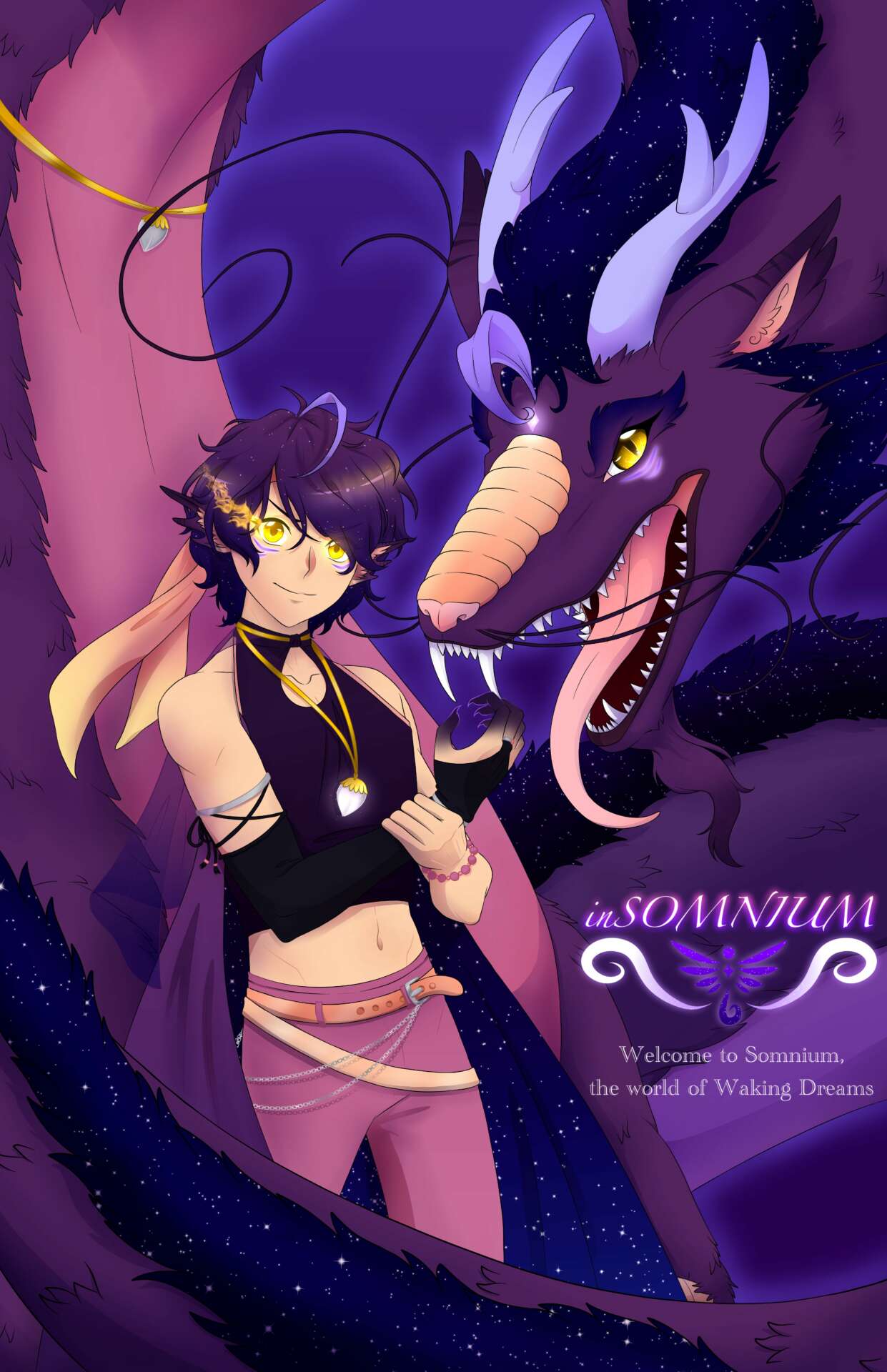
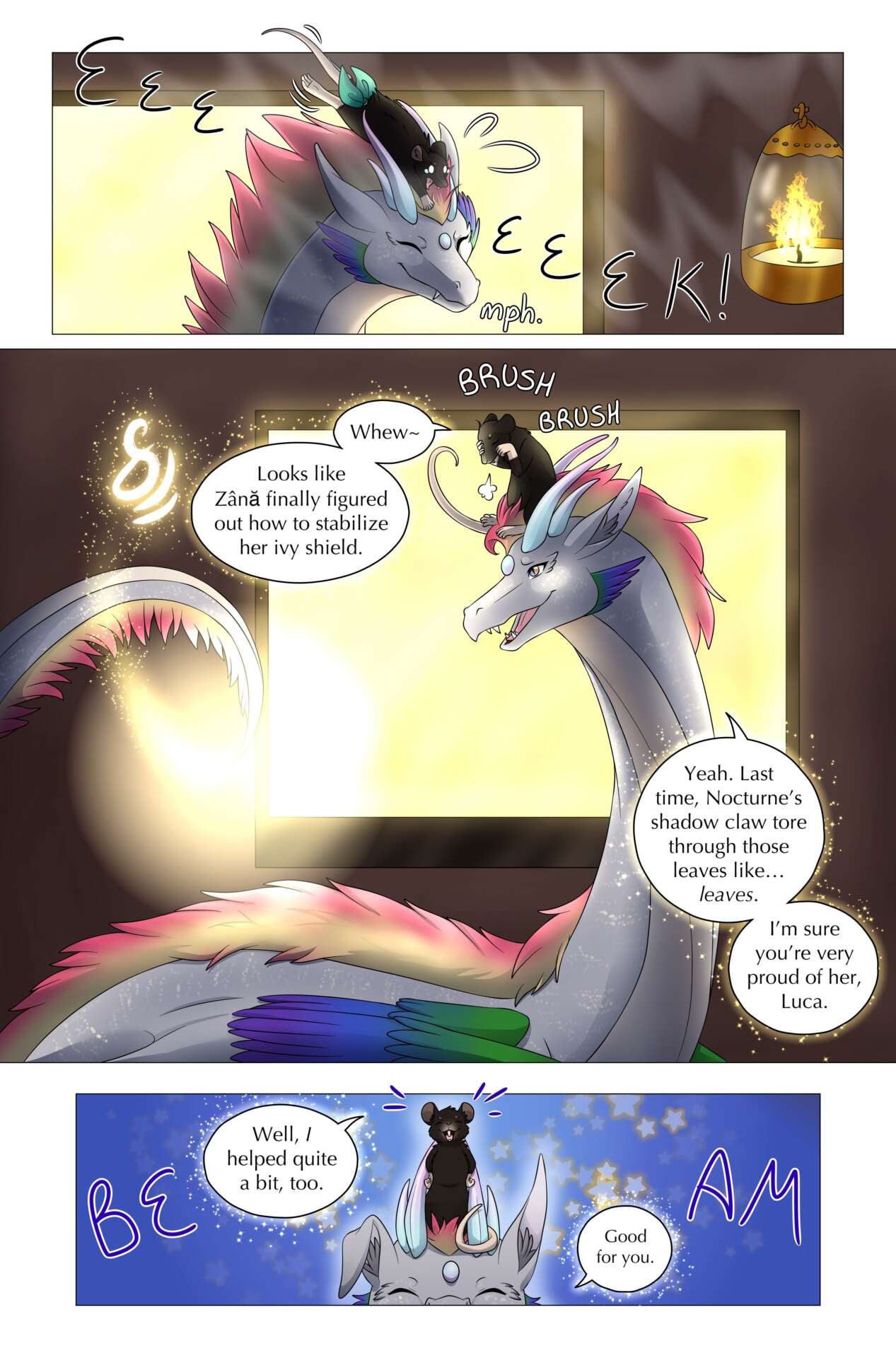
Contact Info:
- Website: https://zihuaart.carrd.co/
- Instagram: https://www.instagram.com/zihua.art/
- Facebook: https://www.facebook.com/ZihuaArt/
- Twitter: https://twitter.com/ZihuaArt


